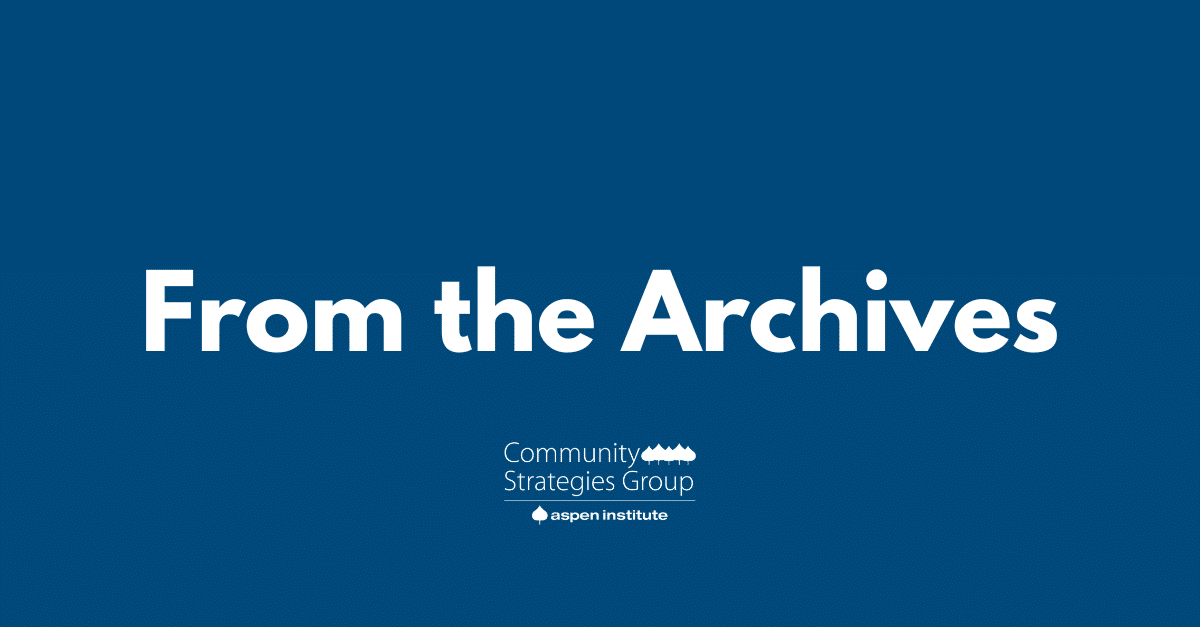View this Publication
This report, Through the Revolving Door: An Analysis of Rural Wastewater Facility Financing, by the Center for Community Change, examines the challenges rural communities face in financing wastewater facilities. It highlights the impact of the 1987 Water Quality Act, which replaced the EPA Construction Grants program with State Revolving Funds (SRFs), shifting from grants to loans. Key findings include:
- Rural Wastewater Needs: Rural and rural poor communities disproportionately suffer from inadequate wastewater treatment, often relying on failing septic systems. They have the highest rates of noncompliance with federal standards, largely due to poor operation and maintenance and limited financial capacity.
- Impact of SRFs: While SRFs are intended to be a permanent funding source, they are unlikely to adequately address rural poor wastewater facility needs. Many SRFs prioritize larger municipalities that are financially and organizationally capable of meeting loan requirements and accelerating repayments. This leaves low-income rural communities at a disadvantage, as they often cannot afford 100% SRF loans even with interest rate subsidies and struggle to meet preliminary study requirements.
- Other Funding Sources: The Farmers Home Administration (FmHA) Water and Waste Disposal Loan and Grant Program and state bond banks are also analyzed. While FmHA provides crucial subsidies for rural low-income communities, its funding levels are insufficient to fill the gap left by the termination of EPA Construction Grants. State bond banks offer accessible financing but require sufficient user rates, which many rural poor communities cannot meet.
- Recommendations: The report recommends that EPA Needs Survey data should include broader factors like financial and management capabilities, and the SRF allocation formula should better reflect rural needs. It suggests that rural poor communities need new municipal facilities, potentially with 75% grants for initial capital construction. SRFs should offer more flexible criteria for preliminary studies, and potentially separate into self-sustaining and lending institutions, with the latter offering loans based on ability-to-pay and providing supplemental grants where necessary. Additionally, financial audits and assistance programs for operation and maintenance are crucial for rural sewer systems.








